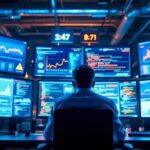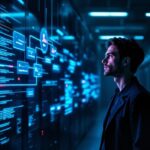Suno’s AI music generation platform has sparked a legal battle that’s pushing the boundaries of copyright law in the music industry. The technology creates complete songs from simple text prompts, forcing everyone to reconsider what artistic ownership means and putting record labels in direct conflict with cutting-edge AI technology in a confrontation that might forever change how music is created.
Key Takeaways:
- Suno’s AI technology produces full songs within minutes, challenging traditional music production approaches
- Major record labels have filed lawsuits, alleging unauthorized use of copyrighted material in AI training datasets
- Existing copyright laws fall short when applied to AI-generated musical content
- The court decisions could significantly affect how AI functions in music creation and artistic development
- A deep divide exists between musicians and AI companies regarding the ethical and creative aspects of AI-generated music
I’ve watched this conflict develop with fascination, having spent years at the intersection of technology and business. Like you, I’ve wondered where we should draw the line between innovation and infringement. AI Agents Won’t Replace You—But They Might Change What It Means to Be You.
The tension reminds me of my early days transforming small businesses—change creates both opportunity and resistance. For creative professionals feeling threatened, this mirrors challenges I’ve seen in other industries facing automation. Strange but true: the same fundamental questions about value creation apply whether you’re in manufacturing or music production.
Let’s break down what’s happening and why it matters for creators and businesses alike.
The Battle for Musical Ownership
Picture this: an AI creates a hit song in seconds, but who gets the royalty checks?
Suno’s AI platform has ignited a copyright firestorm that’s reshaping how we think about musical creation. The company faces mounting legal pressure from record labels claiming their AI training violated copyright protections. Major music publishers argue Suno used copyrighted works without permission to train their algorithms.
Here’s the twist: Suno’s technology can generate complete songs from simple text prompts. Users type “upbeat jazz about coffee” and receive a fully produced track within minutes. This capability threatens traditional music production methods while raising fundamental questions about artistic ownership.
Who Really Owns an AI Symphony?
The legal landscape remains murky. Current copyright law doesn’t clearly address machine-generated content. Traditional frameworks assume human creativity drives artistic expression. AI challenges this assumption by producing original-sounding compositions without direct human musical input.
Record executives worry about protecting their catalogs. They’ve invested billions in artist development and song rights. AI-generated music could flood streaming platforms with content that competes directly with human-created works. The economic implications extend beyond individual artists to entire music industry infrastructure.
The Future Composition
This battle will likely determine whether AI agents won’t replace you—but they might change what it means to be you. Musicians might collaborate with AI rather than compete against it. Smart creators will learn to leverage these tools while maintaining their unique artistic voice.
The outcome affects everyone from bedroom producers to major labels. Courts will decide whether AI training constitutes fair use or copyright violation. Their ruling could either accelerate AI adoption in music or severely limit its commercial applications.
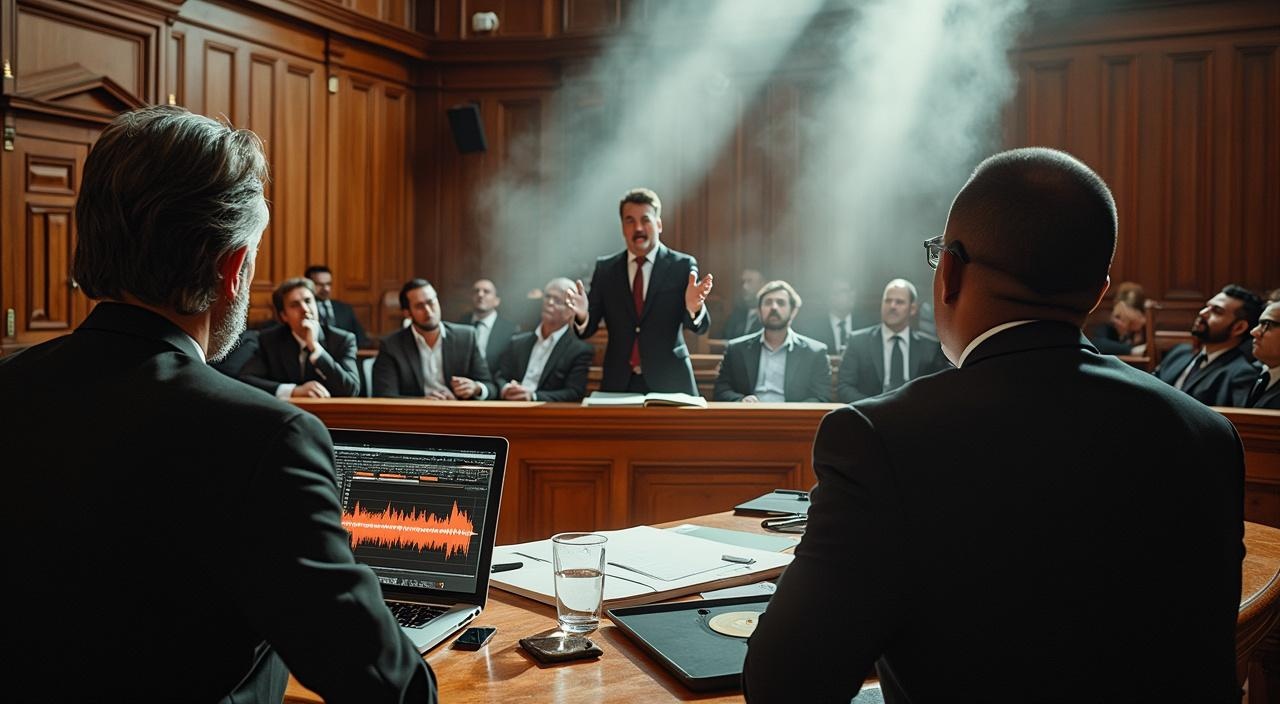
The Legal Minefield of AI Music
Copyright law wasn’t built for machines that learn. I’ve watched countless businesses stumble through this confusion, and the music industry faces the biggest challenge yet.
Training Data Creates Legal Chaos
AI music platforms like Suno digest millions of copyrighted songs during training. This process creates immediate legal questions. Current copyright framework assumes human creators, not algorithms analyzing patterns from protected works.
The fair use doctrine becomes murky when AI systems process entire catalogs. Traditional fair use considers:
- Purpose
- Nature of the work
- Amount used
- Market impact
But algorithmic learning doesn’t fit these neat categories. Courts haven’t established clear boundaries for machine consumption of copyrighted material.
Who Owns AI-Generated Melodies?
Authorship determination hits unprecedented complexity with AI music. Three parties could claim ownership:
- The AI company developing the platform
- The user prompting the creation
- Original artists whose work influenced the AI’s output
Copyright registration requires human authorship under current U.S. law. This creates a legal vacuum for AI-generated compositions. The Transform Your Appointment-Based Business with AI: A Comprehensive Guide explores similar ownership challenges across industries.
Derivative works classification adds another layer of confusion. If an AI creates something “inspired by” existing songs, does that constitute a derivative work? The line between influence and infringement blurs when machines analyze musical patterns.
Intellectual property rights face their biggest test since the internet’s emergence. Musicians worry about their life’s work becoming training data without compensation. Meanwhile, AI companies argue they’re creating genuinely new compositions through statistical analysis, not copying.
The music industry needs updated legal frameworks fast. Current laws can’t handle the speed and scale of AI creativity.
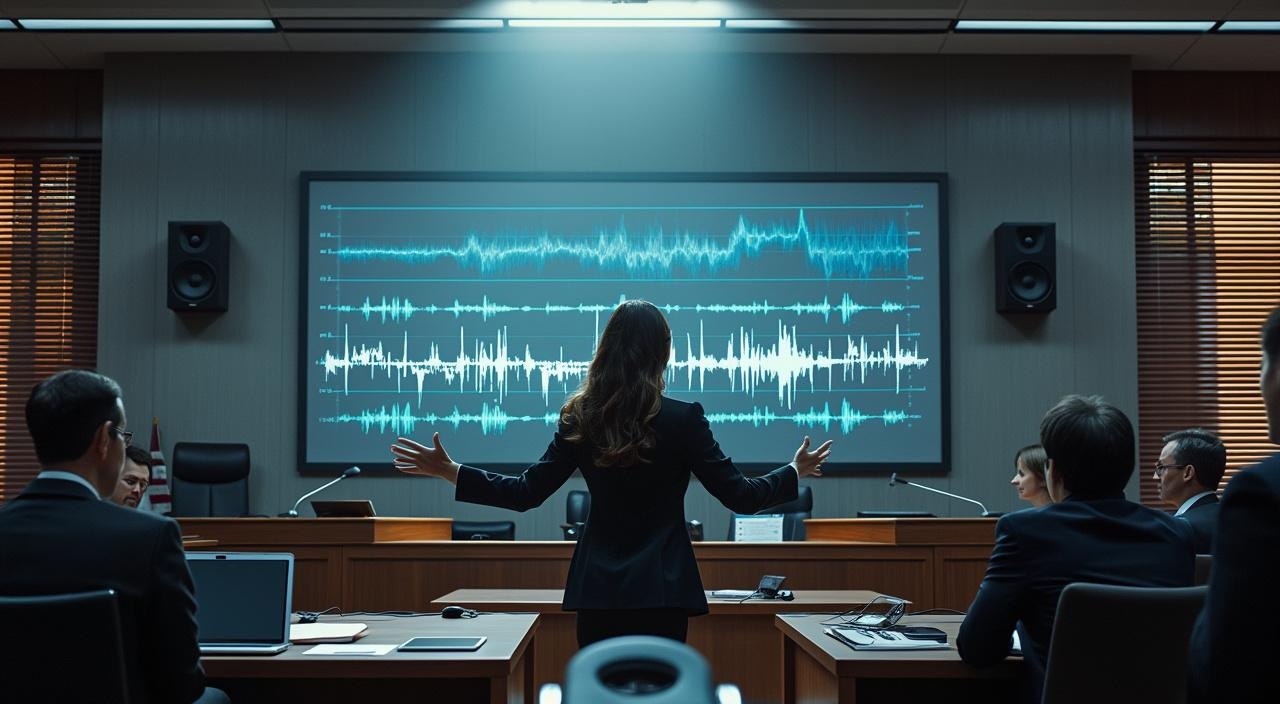
Clash of Perspectives: Originality vs Imitation
The music industry stands divided on AI’s creative legitimacy. I’ve watched this debate split professionals into two fierce camps.
Pro-AI advocates argue that Suno performs innovative recombination of musical elements. They claim AI mirrors how human musicians learn—absorbing influences and creating something new. This perspective sees AI as expanding creative possibilities rather than stealing them.
The opposing camp views AI-generated music as unauthorized derivative content. These critics argue that training algorithms on copyrighted material without permission constitutes theft, regardless of how cleverly the AI reassembles the pieces.
Professional Opinions Reveal Deep Divisions
Legal experts remain split on where musical originality begins and imitation ends. Some intellectual property lawyers defend AI’s right to learn from existing works, while others insist that scale and automation cross ethical lines.
Music industry professionals echo this division. Established artists often fear AI threatens their livelihoods, while emerging creators see AI tools as democratizing forces that level the playing field.
The technological innovation argument centers on creative boundaries. Where does inspiration end and infringement begin? This question will shape music’s future.
Industry Transformation Potential
The Suno legal battle could reshape music creation from the ground up. I’ve watched similar technology disputes before, and the outcomes often redefine entire industries.
Picture this: AI music platforms might emerge with licensing-first business models, paying artists upfront for training data. This shift could create new revenue streams for musicians while legitimizing AI-generated content. The creative ecosystem stands at a crossroads where human artistry and machine learning intersect.
Emerging Business Models
Several transformative possibilities are taking shape:
- Hybrid collaboration platforms where artists co-create with AI
- Subscription services offering AI-assisted composition tools
- Revenue-sharing systems between AI platforms and original creators
- Specialized licensing marketplaces for AI training datasets
Musicians face both opportunity and disruption. Those who adapt early might find AI amplifies their creative output, while others worry about artistic authenticity. The AI Revolution: Entrepreneurs’ Survival Kit for the New Business Battleground offers insights into thriving during technological upheaval.
This legal precedent will determine whether AI becomes music’s greatest collaborator or its biggest threat.
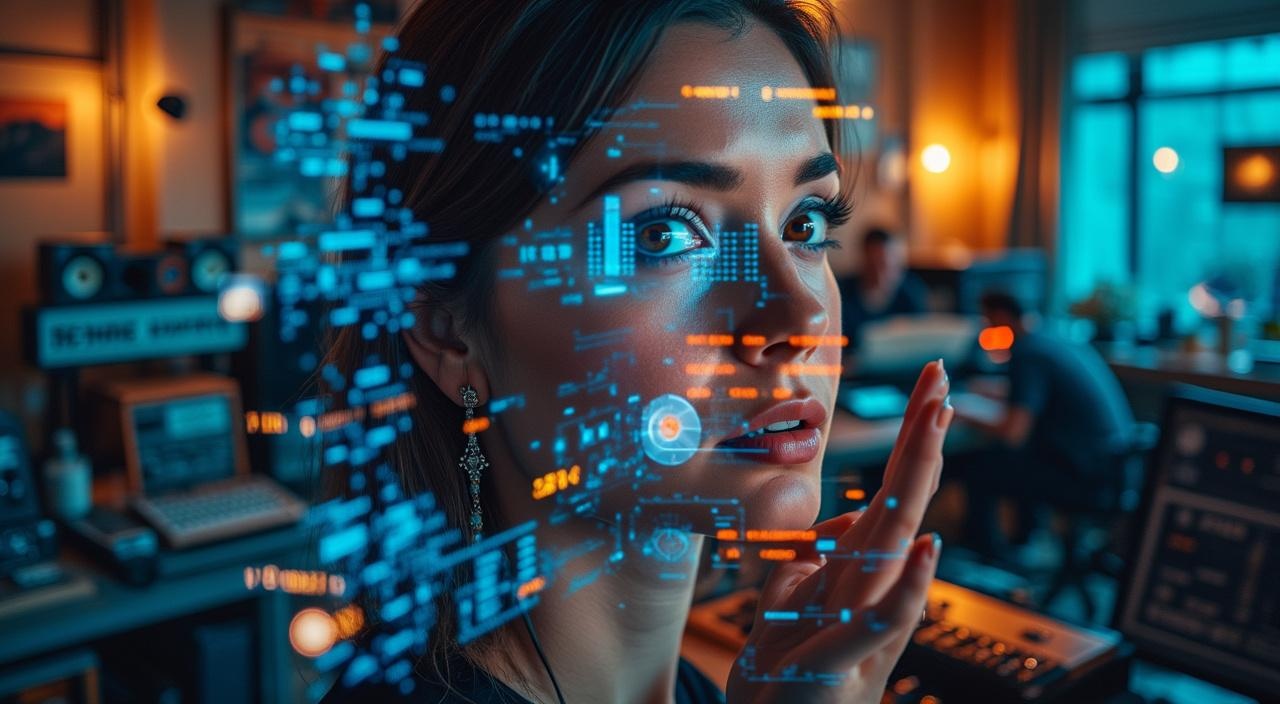
The Future of Musical Creation
The music industry stands at a crossroads where AI and human creativity must find common ground. I’ve watched countless industries grapple with technological disruption, and the smart money always bets on adaptation over resistance.
New licensing models are emerging that could satisfy both creators and AI developers. Think mechanical royalties for the streaming age, but applied to training data. Some propose micro-payments to original artists whose work trains AI systems—a fraction of a penny per generated track, but multiplied across millions of creations.
Collaborative Frameworks Taking Shape
Here’s what I’m seeing work in practice:
- Hybrid creation tools where AI generates ideas while humans shape the final product
- Attribution systems that credit both human composers and AI training sources
- Tiered licensing allowing different uses for different compensation levels
- Creative partnerships where musicians use AI as an advanced instrument rather than replacement
The companies thriving right now aren’t fighting this change—they’re embracing it while protecting their artists’ interests.
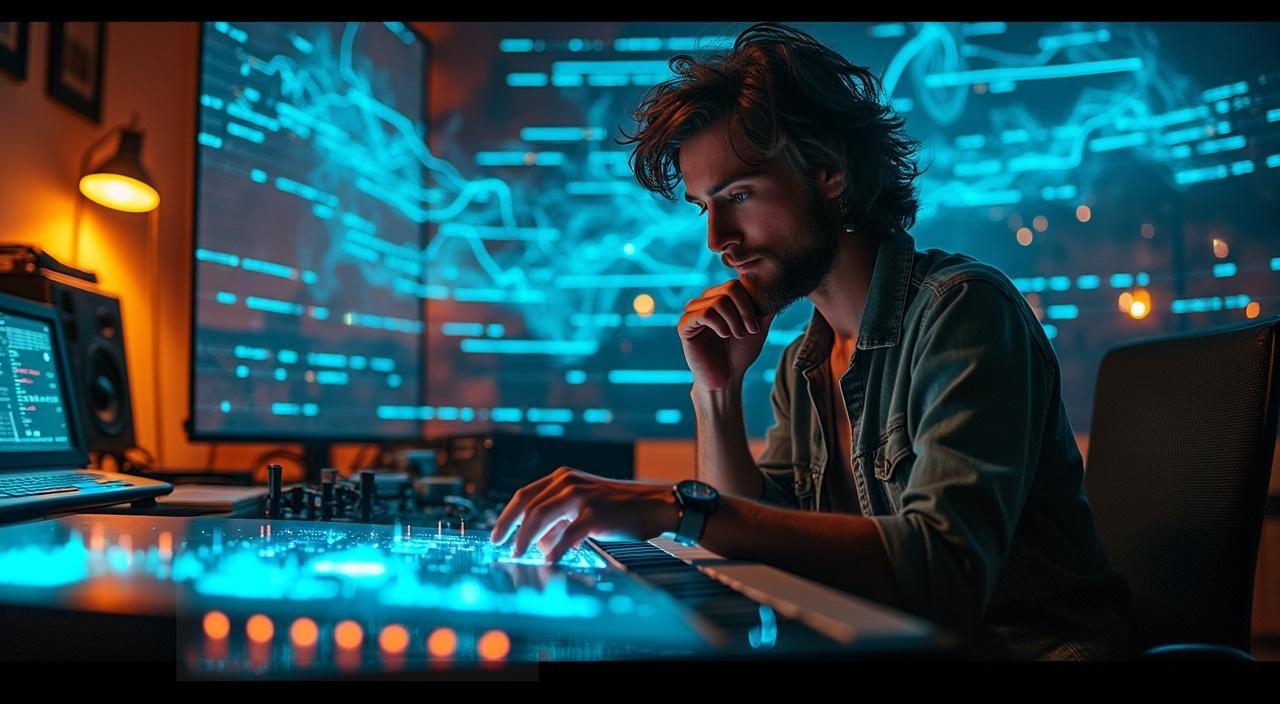
Navigating Uncharted Creative Territories
The Suno controversy extends far beyond melodies and lyrics. We’re witnessing the birth pangs of a new creative paradigm that challenges fundamental assumptions about human expression and machine capability.
I’ve watched this same pattern unfold across industries. First comes the technology. Then the legal battles. Finally, society adapts its definitions of creativity itself. The music industry just happens to be the current battleground, but the stakes affect every creative professional.
The Bigger Questions We’re Avoiding
Consider these thorny philosophical puzzles that Suno’s technology forces us to confront:
- Can machines truly create, or are they sophisticated pattern-matching systems that remix existing human creativity?
- If an AI system learns from millions of songs like a human musician learns from influences, what makes the learning process fundamentally different?
- Should the source of creativity matter more than the output’s value to listeners?
- How do we preserve human agency while embracing tools that amplify our creative potential?
The legal system struggles because it’s trying to apply 20th-century copyright law to 21st-century technology. AI agents won’t replace creative professionals, but they’re definitely reshaping what it means to create.
Smart creators won’t fight this wave. They’ll learn to surf it. The most successful artists and businesses will find ways to collaborate with AI while maintaining their unique human perspective. That’s where the real competitive advantage lies—not in the technology itself, but in how thoughtfully we integrate it with human creativity.
The future belongs to those who can blend human intuition with machine efficiency, creating something neither could achieve alone.
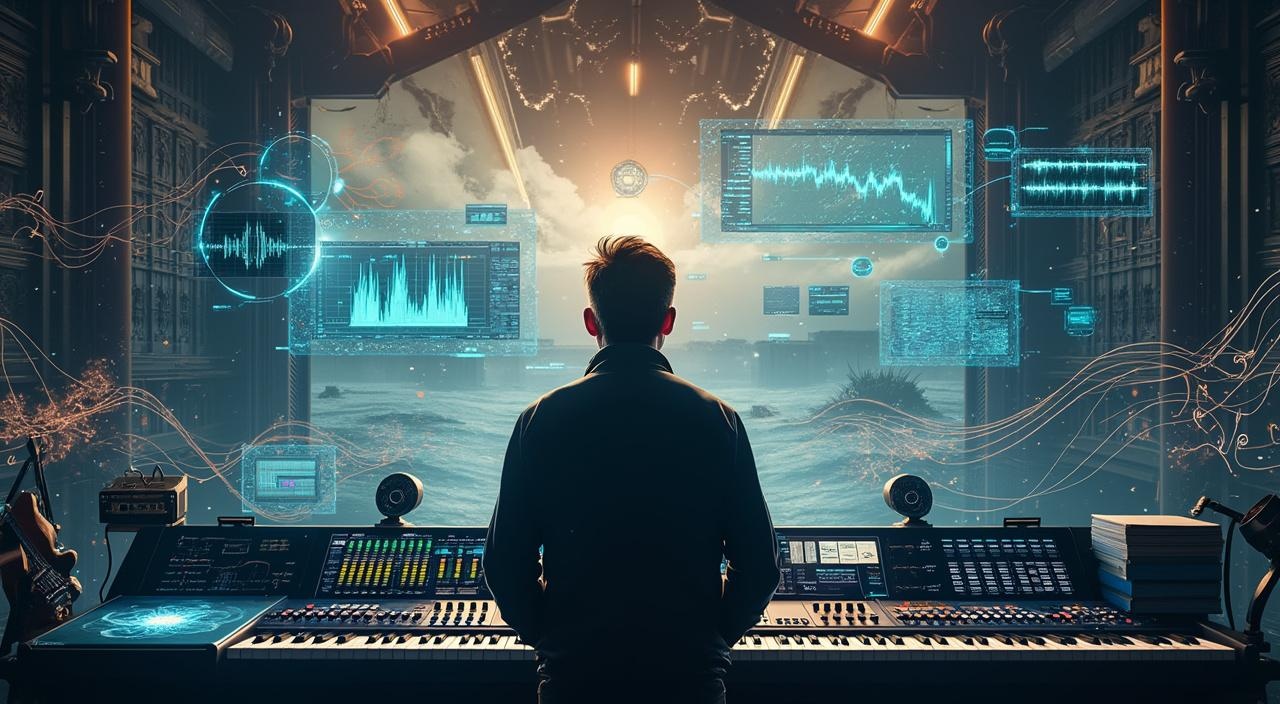
Sources:
– Aristake


